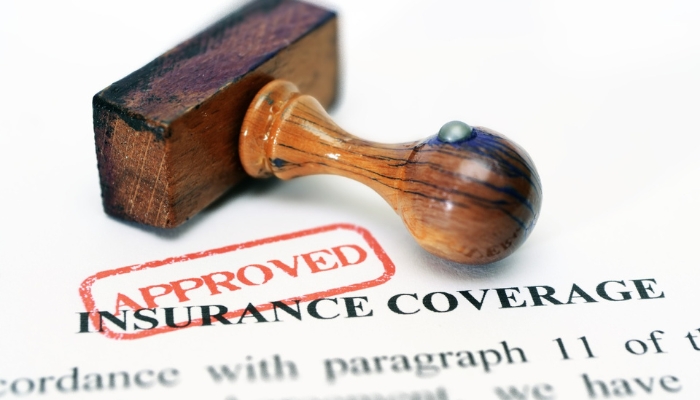Insurance policies are bought by people to cover them when they suffer damages. Of all the insurances people buy, homeowners insurance is one of the most important as well as the most common. But a lot of people have a misunderstanding about what homeowners insurance is and how it works.
Homeowners insurance covers the owners of a home when it suffers from damages such as fires, other external damages, break-ins, burglaries, and damages suffered to the other belongings in the house. You will also be covered by your policy if any family members are hurt while inside the home during one of the aforementioned events.
Let’s take a look at how homeowners insurance works.



